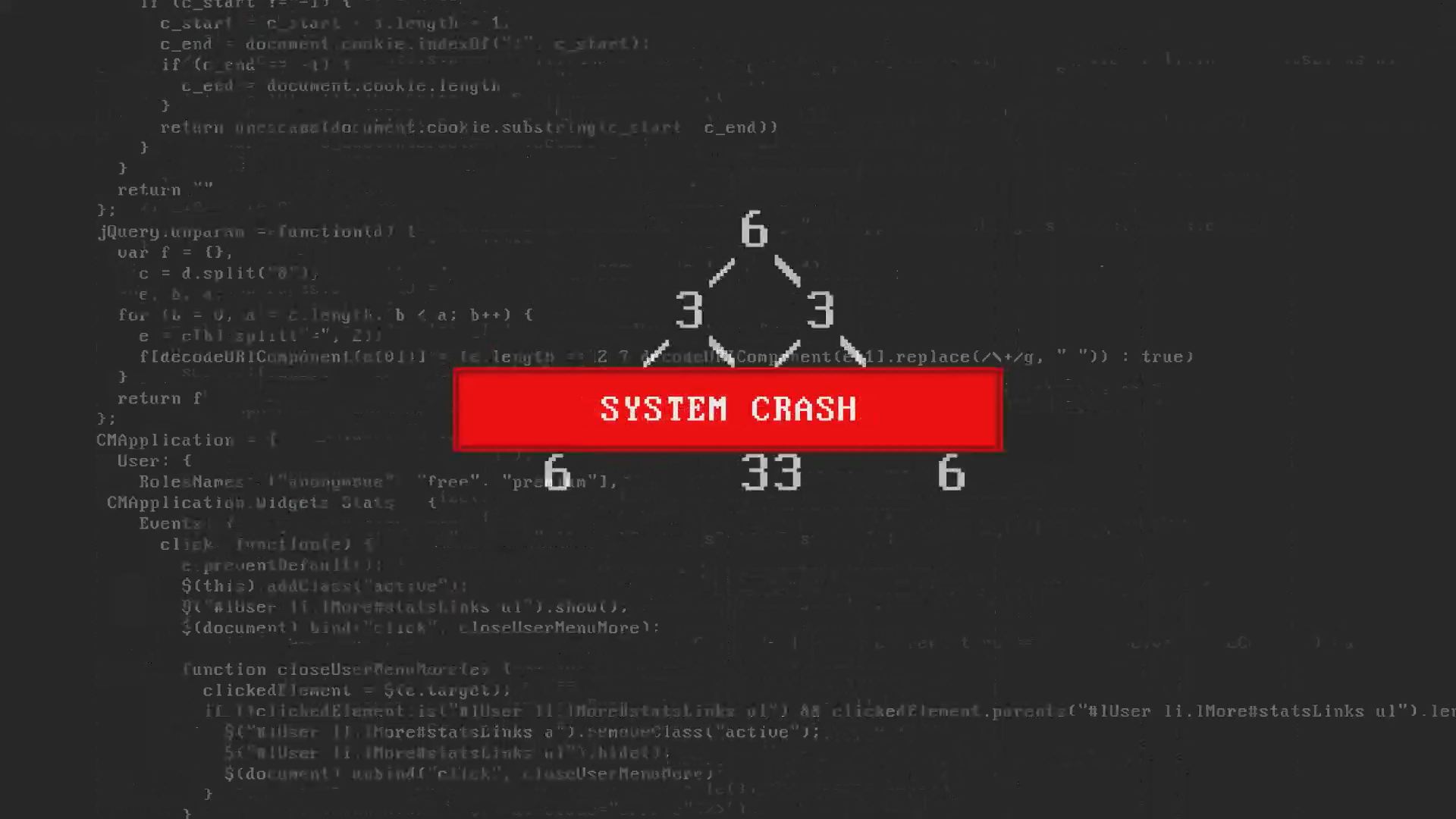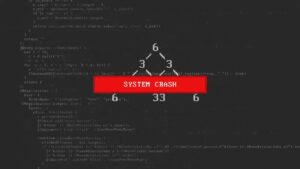- Home
- The Latest
- How Does Ransomware Work?

people just like you could take down multi-million $ companies. Accidentally
Private companies, government agencies, local police departments, hospitals, and universities are being targeted by hackers using something called ransomware. You’ve probably heard about it in recent days after hackers shut down a gas pipeline from Greensboro, N.C to Woodbine, MD. One of the largest and most important gas pipelines in the United States.
This ransomware attack is underway as the Washington DC Police Department deals with its own network attack demanding $4 million.
What is ransomware ware and how has it evolved in recent years?

Ransomware is a type of malware that anyone can purchase on the dark or deep web for as little as $10. The software is created to encrypt files of any computer network that installs it. Years ago, ransomware targeted consumers on their home computer; demanding several thousand dollars in Bitcoin to release the files. Those who didn’t pay would lose all of the files as they were destroyed by the ransomware hackers.
Many believe we’re still in the beginning stages of a cyber world war
Using fear tactics, social media, and spoofing emails from management to work-from-home employees. Anything for a click to launch the ransomware in the background.
No one will notice until it is too late.
Over the past few years, hackers have begun targeting companies, governments, healthcare companies, and schools in hopes of a much bigger payoff. You might think large companies would have software in place to thwart ransomware attacks but that has not been the case. Ransomware attacks more than doubled in 2020.
The pandemic made protecting networks more difficult for companies as many of their employees are working from home and away from their I.T. experts. Some are even working on their personal computer connected to the company’s network.
How do employees protect their employers from ransomware attacks? The first step is to have an anti-malware/anti-virus program running and up to date. The next step, and maybe most important, is for employees to be careful what they click on. Ransomware programs will begin installing the software the second someone clicks on the link.
Some victims have no choice but to pay the ransom and hope to get the files and control returned.
The pandemic made it easier for hackers and more difficult for companies whose employees are working from home. In 2020, ransomware attacks more than doubled from the previous year. And with little to go on, U.S investigators and prosecutors are often helpless to stop them.
So if you’re working from home on your company’s computer, be careful what you click. It could save your employer millions of dollars.

